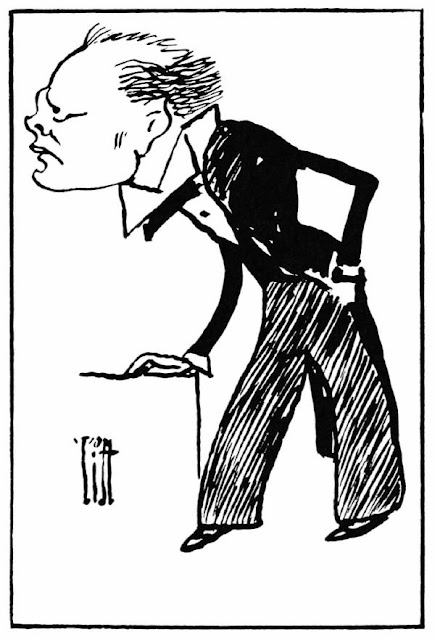More Jeremy Taylor: a prayer "for all that lie under the rod of war, famine, pestilence." Protection from pestilence is definitely something we desire for ourselves and others.
Jeremy Taylor, The Role and Exercises of Holy Living, 1650-51.O Lord God Almighty, Thou art our Father, we are Thy children. Let health and peace be within our dwellings; let righteousness and holiness dwell for ever in our hearts, and be expressed in all our actions. O merciful God, say unto the destroying angel, 'It is enough'; let Thy hand cover Thy servants and hide us from the present anger; that though we walk through the valley of the shadow of death, we may fear no evil, and suffer none. Those smitten, support with Thy staff, and visit them with Thy mercies and salvation, through Jesus Christ. Amen.





